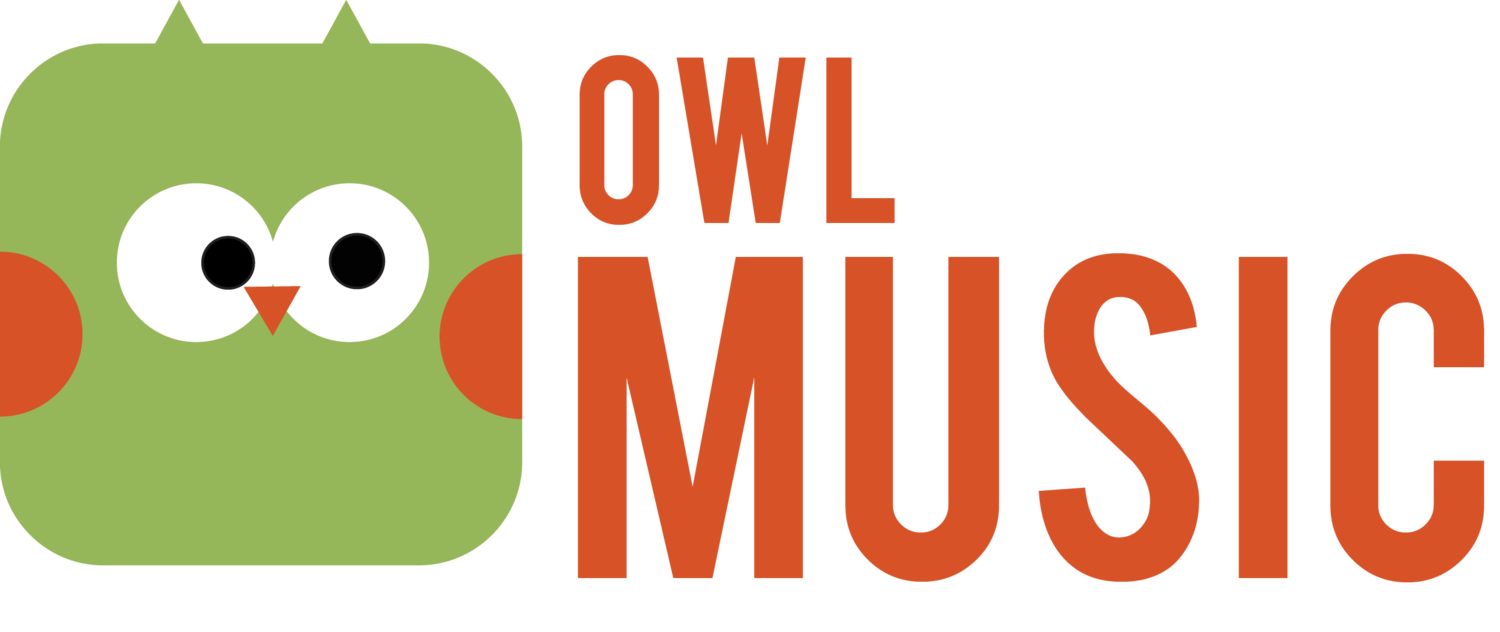The Harmony Project was started in 2001 by Margaret Martin to provide instrumental music education to elementary school students in Southern California who come from low-income households.
After a few years, Dr. Martin noticed that her students were doing much better academically than their peers who were not enrolled in the Harmony Project but didn’t know precisely why.
She began working with Nina Kraus, a neuroscientist at Northwestern University. Dr. Kraus studied the students in the Harmony Project, and her research showed that their auditory processing skills improved dramatically after only two years in the program.
Auditory processing skills—hearing, understanding, and remembering speech—are essential to academic success. The good news is that these skills are not fixed at birth but can be improved by learning to play a musical instrument.
The results of the studies done by Dr. Kraus were so impressive that Dr. Martin approached officials in the Long Beach School District. At her request, district officials there brought the Harmony Project to four elementary schools in Long Beach neighborhoods with high crime.
The students were tested after three years in the Harmony program, and the results were stunning.
Harmony students had a 61% increase in reading and a 54% increase in math proficiency compared with their peers who were not enrolled in the program. To put it bluntly, learning to play a musical instrument is very good for a child’s academic development.
Dr. Kraus also compared music training to Junior Reserve Officer Training Corps to see whether the effect was simply due to participation in an extracurricular activity. She found, however, that auditory processing skills were not improved by participating in JROTC. Only music training improved the participants’ auditory processing. JROTC is surely worthwhile, but it does not bring the same auditory processing and academic benefits that instrumental music does.
Why aren’t all schools rushing to implement this proven method of increasing academic success? The answer to that question, it turns out, is complicated and the subject of a future post. Stay tuned!

